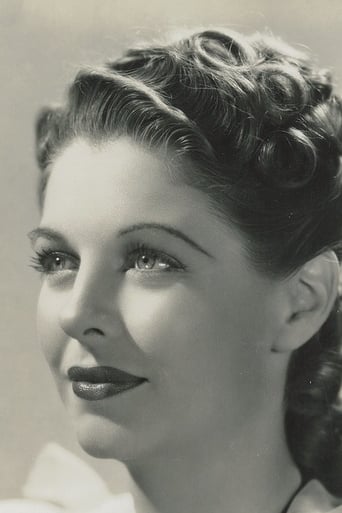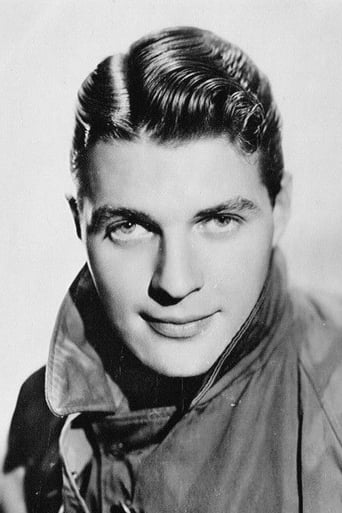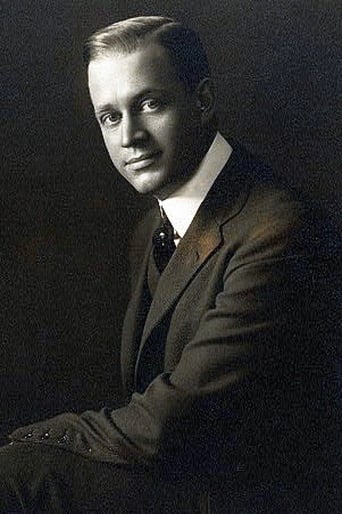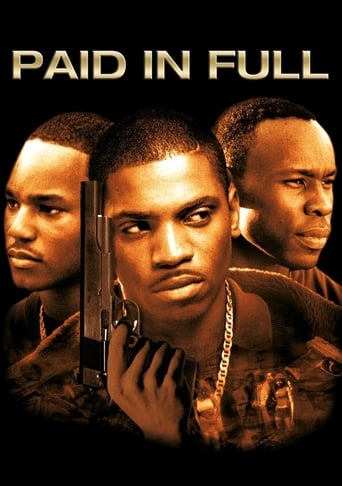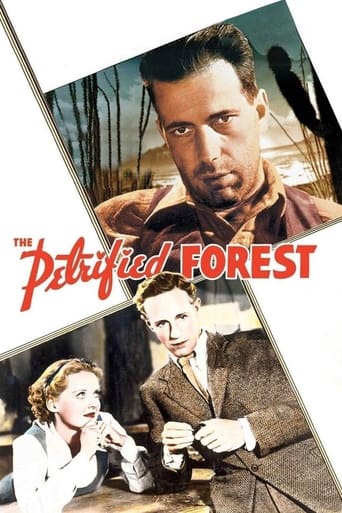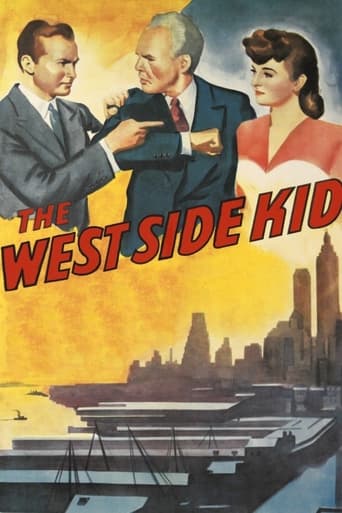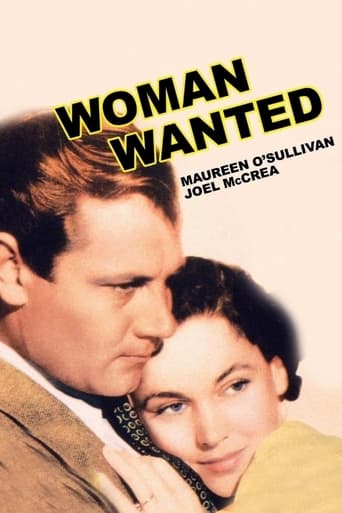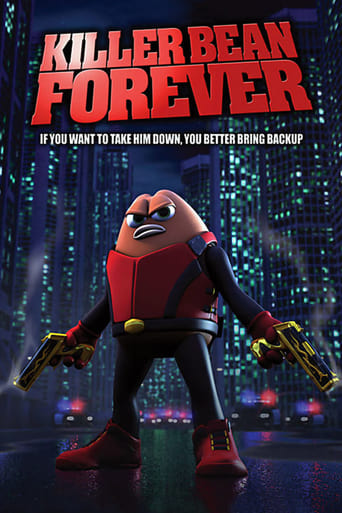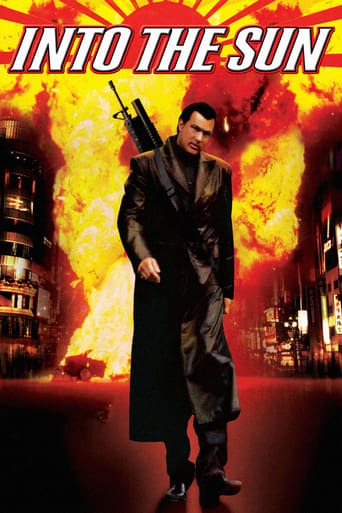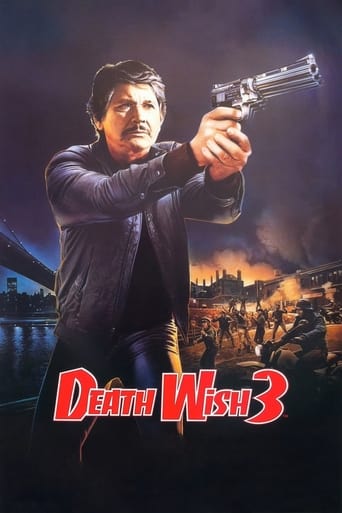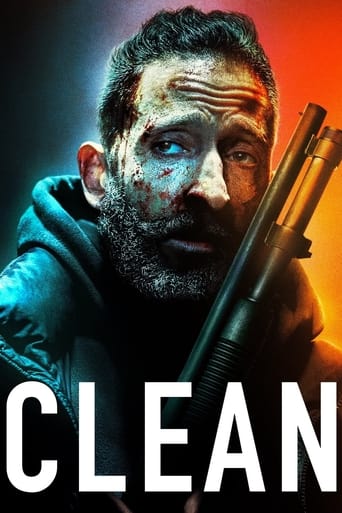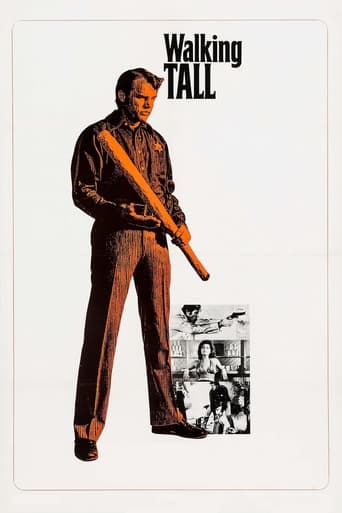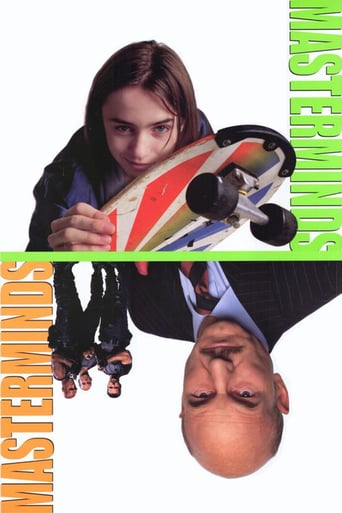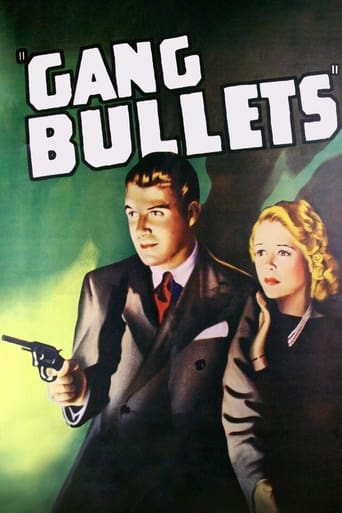
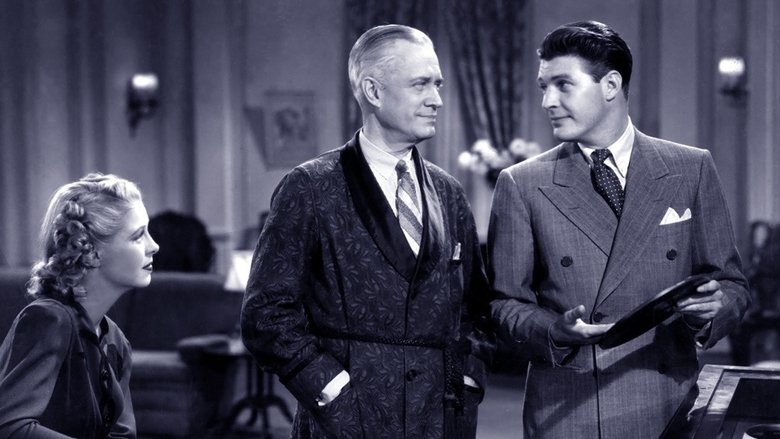
Gang Bullets (1938)
A Capone-like racketeer named Anderson, who after being chased out of one town by the authorities immediately sets up shop in another. Unable to get any tangible evidence against Anderson, DA Wayne orders his assistant Carter to dig up some dirt on the gangster boss. To do this, Carter pretends to turned crooked, joining Anderson's gang in order to accumulate evidence. Alas, Carter's girl friend Patricia knows nothing of her boyfriend's subterfuge, and she suspects the worst.
Watch Trailer
Cast


Similar titles
Reviews
1938's "Gang Bullets" shows that Monogram could occasionally compete with Warners' crime dramas, though on a noticeably smaller budget and less action. At the same time Boris Karloff began his 'Mr. Wong' series, the studio's modest ambitions show in this gritty expose of crime boss Morgan Wallace, against crusading District Attorney Charles Trowbridge, with top billing awarded former Warners starlet Anne Nagel, best remembered for her work at Universal in "Black Friday" and "Man Made Monster" (one of her last roles came in Monogram's Charlie Chan entry "The Trap," wearing a fetching bathing suit). After playing the surprise killer in "Charlie Chan at Monte Carlo," Robert Kent was back on the right side of the law, soon starring opposite Bela Lugosi in the 1939 serial "The Phantom Creeps." Morgan Wallace usually played villains, as he soon would in "Mr. Moto Takes a Vacation," before his memorable encounter with W. C. Fields in "My Little Chickadee."
"Dracula's Daughter" director Lambert Hillyer and prolific scenarist John T. Neville have concocted a compelling little crime thriller. A virtuous district attorney tangles with a nefarious gangster but the gangster knows how to control the law to serve his own interests. The refreshing thing about this Monogram Pictures release is not only its level of intelligence but also its candor in documenting the fragility of the criminal justice system. The producers open "Gang Bullets" with this solemn preamble that serves as a disclaimer of sorts: "This picture is dedicated to those public officials whose duty it is to combat crime. The greatest shield to the modern criminal is the law which declares him innocent until proved guilty. The late William Howard Taft, Chief Justice of the U.S. Supreme Court, in an address said: "The administration of the criminal justice in this country is a disgrace to civilization. The trial of the criminal seems like a game of chance—with all the chances in favor of the criminal, if he wins he seems to have the sympathy of a sporting public." "Gang Bullets" reminded me of director Don Siegel's "Dirty Harry." Like "Dirty Harry," "Gang Bullets" argues that the criminal justice system is too lenient on criminals. Essentially, this violent melodrama adheres to a code of rules, and survival amounts to a chess match between Good and Evil.The action unfolds when two mob gunmen take a squealer for the last ride. Of course, we aren't shown the murder, but we can hear the gunshots off-camera. Although he pleaded they release him for the sake of his wife and children, these heartless hoodlums knock him off. No sooner has this killing happened than the Police Commissioner R.D. Brown receives a call from the press. "You newspaper guys give me a pain. Certainly I know 'Big Bill' is in back of this. I can't arrest a person because I think he's a murderer. You fellas can print rumors; I have to prove a murder charge." One of Brown's detectives enters and reports 'Big Bill' didn't lose his nerve when they showed him Trent's dead body. "We'll have to catch that bird in the egg," Brown observes. "That's not so easy," Detective Craig complains, "so long as he has others do his killings. Craig surprises Brown with news he still has 'Big Bill' in custody. "Take him down to the midnight train," Brown instructs. "I'm getting in touch with every chief of police for the next thousand miles to see that you don't get off that train." Brown orders Craig to take Anderson out the back door so that Anderson's attorney doesn't see them.'Big Bill' Anderson (Morgan Wallace) is a cunning crime czar who always lands on his feet. He spins a murderous web of corruption, larceny, deceit, and anarchy. He is wise enough to let his henchmen perform the dirty work so he cannot be convicted for what they do. 'Big Bill' is so shrewd that he pays his income tax so as not to suffer the fate that befell Al Capone. After Police Commissioner Brown sends 'Big Bill' packing out of town from one town to another, the villain exploits the leniency of law to get off the train at Bridgetown and sink his tentacles into what he calls a "dead" town. "I can't chase Anderson out of town until Reardon gets something on him," laments District Attorney Dexter Wayne (the ever reliable Charles Trowbridge) to Assistant District Attorney John Carter (Robert Kent). During their first meeting, Anderson displays his knowledge of criminal law to Wayne, "I've always been interested in our Constitution. They must have been thinking of me when they added that bill of human rights. Article Four, the right of people to be secure in their person. Article Five: No person shall be held for a crime unless on indictment by a grand jury. Article Six, in all criminal prosecutions, the accused shall enjoy the right to be informed of the nature and the cause of the accusations, to be confronted with the witnesses against him, and to have counsel for his defense." The Police Chief comments, "That's a bill of human rights never meant to protect human rats." Anderson retorts, "And to think some of our best citizens use it to hide their skulduggery." Wayne warns Anderson that Bridgetown won't be healthy for him.Nevertheless, 'Big Bill' resurrects the gambling dens. Initially, instead of averaging 70 per cent of the profits from gambling, he decides that they should give the suckers 70 per cent because they can get them back later. "You fellows must remember one thing: It pays to advertise," 'Big Bill' advises them. "What do you think put over every successful business: advertising. In our business, we cannot run newspaper ads, but we can get them talking about us. Let'em win, fifty, they'll brag it was a hundred. The next one will say it was a thousand. Everyone who hears about it is a new sucker. They'll be mortgaging them homes for us to make easy money." 'Big Bill' vows, "When I get through with this half-baked hamlet, it will be a live city." Consequently, the authorities find themselves between a rock and a hard place with the elusive 'Big Bill.' "You cannot expect us to fight crime with the kind of laws we have to work with," complains Assistant District Attorney Carter. "It's like hunting tigers with bean-shooters. You think criminals made these laws to protect themselves." The fun of "Gang Bullets" is the heroes and the villains are evenly matched and smart as whips. One of the least believable plot points involves the way that the assistant district attorney obtains a recording of a conversation between Dexter Wayne and Anderson. Despite its obvious low budget, "Gang Bullets" is a swiftly paced, hard-hitting, thriller with a surprise or two and an amusing attitude that it takes to itself.
Forced out of one city by some extralegal methods of one district attorney, gangster Morgan Wallace simply moves to another to set up shop. Wallace is into all kinds of illegal rackets and has the police and DA really stumped. The press is clamoring for DA Charles Trowbridge's scalp, a prospect not pleasing to Trowbridge's daughter Anne Nagel and her fiancé Robert Kent who is also Trowbridge's number one assistant.Gang Bullets comes from out of Monogram Pictures so you can't expect too much and believe me you won't get it. The film has some interesting ideas that don't seem to follow up. At one point Wallace talks about building his racket by letting a few suckers win some big pots at his gambling establishment and then becoming advertisements. It sounded like an interesting film idea that is never followed up on. There's also an interlude where two of Wallace's henchmen bring a third wounded comrade into some woman's home with her 12 year old boy. It plays like a bit from another film entirely. In fact that whole premise was used later on with much greater effect in The Desperate Hours.In the end Trowbridge goes to some extraordinary lengths to bring down Wallace. But even the end is rather anti-climatic. Stuff like Gang Bullets was done so much better over at Warner Brothers.
After watching this recently, it really dawned on me the big gap between crime stories on film of the 1930s to ones made from 1940 on. The '30s look and sound so more dated than ones just a half dozen years later. Part of that is good because the 1930s expressions are fun to hear and the films are shorter and faster-paced, and a bit edgier.The cops that appear are really different. Even though there is a lot of moralizing - which is fine with me, such as prefaces right before the feature warning of the dangers of crimes and having criminals glorified, the films themselves actually make the cops look like thugs as well as the criminals! The police are shown treating suspects as if they are already convicted felons, roughing them up, denying them a lawyer, detaining them illegally, etc. - and they are supposed to be the good guys?! I am no Liberal by a longshot but no wonder laws were put in to protect average citizens from the police, if that's the way things were. In fact, I was shocked to hear the term "police brutality" in this movie. I always thought that expression came from the 1960s, but here it is in a 1938 film. However, in an interesting twist, in this film two crooks fake "police brutality" to get out of testifying before a grand jury against their vicious gangland boss. Interesting things happen after that, and this film gets better and better as it goes on. The main crook, played by Morgan Wallace, is really fascinating in his brutal attitude. At least they still made the bad guys worse people than those 'brutal' cops.These '30 gangster movies. may be hokey, corny, extremely dated and inadvertently not favorable to the police here and there, but they don't mess around by being too talky. They get to the point and they are simply fun to watch. Note: The IMDb board here hasn't listed this as available on DVD but that's how I watched it yesterday. It's part of a 4-film DVD pack entitled "Mobster Movies."


